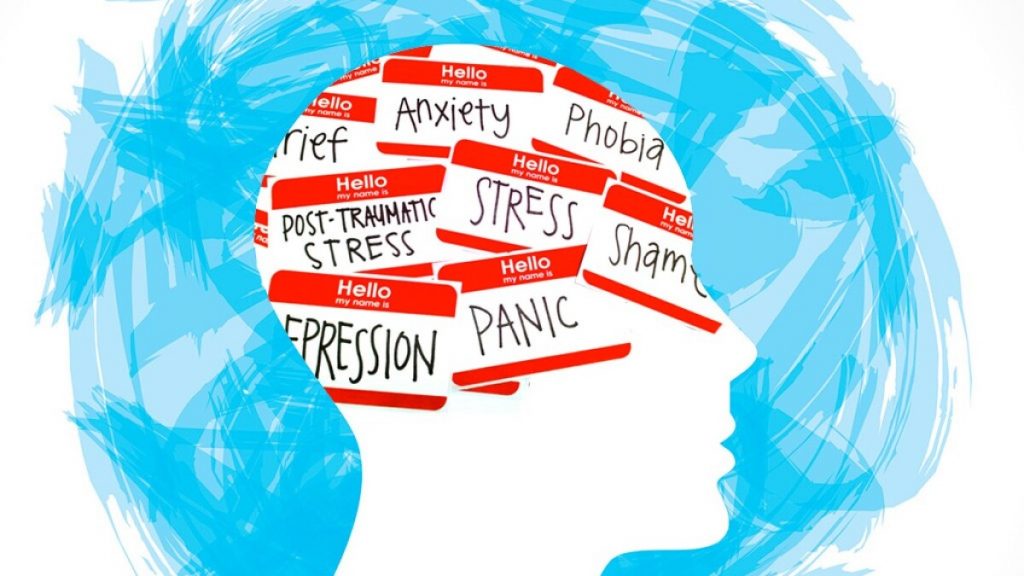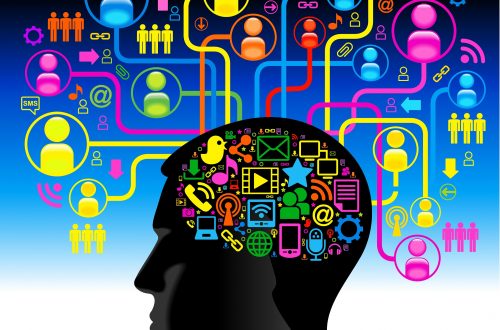
Benefits and effects of hobbies on mental health
Benefits and effects of hobbies on mental health
 Those who have made the decision to stop using drugs or alcohol anticipate significant life changes. However, they fear the exact appearance. This is what causes the majority of people to worry about their recovery. To alleviate the worry and fear connected with sobriety, it is a fantastic idea to consider returning to or developing new mental health-related activities.
Those who have made the decision to stop using drugs or alcohol anticipate significant life changes. However, they fear the exact appearance. This is what causes the majority of people to worry about their recovery. To alleviate the worry and fear connected with sobriety, it is a fantastic idea to consider returning to or developing new mental health-related activities.
What Studies Show About Hobbies and Mental Health
However, it is essential to remember to make time for your interests. Having healthy interests is related with lower levels of depressive symptoms — and may even be preventative, according to studies.
One indicator of poor mental health is a loss of interest and pleasure in normally enjoyable activities. Anhedonia is a typical indicator of depression. It is also known as a symptom, and patients frequently express a desire to be free of it. This is because antidepressant medications do not appear to alleviate symptoms. Anhedonia can be used to forecast the severity of a potential depressive episode.
Studies indicate that hobbies activate the brain’s inherent reward system. When you engage in enjoyable mental health-promoting hobbies, your brain releases chemicals that make you happy or content. This can increase motivation to continue.
Using the Health Benefits of Hobbies as a Reward
The effect that hobbies have on the brain’s reward system contributes to their appeal. When we participate in a hobby that we enjoy, the brain releases chemical messengers called neurotransmitters. These chemical messengers include the pleasure-inducing dopamine. These substances can encourage our desire to resume our interest and increase our motivation.
Numerous Positive Effects of Hobbies on Mental Health
Beyond motivation and pleasure, hobbies for mental health can offer numerous additional benefits. In addition to providing motivation and enjoyment, hobbies can help boost your cognitive abilities. Research indicates that certain pastimes, such as playing an instrument, can enhance memory. However, artistic activities such as reading or playing board games with puzzles are believed to prevent dementia in old age.
Participating in social activities, acquiring new skills, and creating works of art are all helpful ways to learn how to maintain a positive mindset.
Mental health hobbies can also help us regain our self-esteem. Whether we are finishing a book, a project, or participating in a team sport, these activities can offer us a sense of accomplishment that is beneficial to our mental health.
Choosing the Appropriate Hobbies for Mental Health
Your healthy pastimes are an excellent approach to replenish your vitality. According to a business psychologist, there are no limitations and your hobbies are entirely up to you.
For optimal results, it is best to consider the following elements while considering activities for mental health:
A psychological detachment from work – This exercise should facilitate a psychological detachment from work.
Your activity should bring you happiness and make your heart sing.
Competence – It is beneficial to feel as though you have accomplished something.
Control — Having control over a non-work activity can benefit in rehabilitation.
It is necessary to compile a list of your favorite and least favorite activities. “I don’t even know what to do” is the most frequent response while searching for a pastime. However, there is a simple solution to the question of whether hobbies are beneficial to mental health.
Create a list of your likes and dislikes in order to identify your passions. Visualizing your hobbies is an excellent method to begin started, particularly when it’s difficult to generate ideas.
Once your list is full, select the item about which you are most passionate. The one that makes you giddy with delight. This should reveal a basic direction to pursue. Find a hobby that corresponds to your selected interests.
Social Media: The Contemporary Hobby and Mental Health
It is simple to fall for social media’s bad impacts. The majority of social media users have had at least one of these situations.
- Lower Self Esteem
- Despair and Anxiety
- Addiction
- Self-Absorption
- Hiding or Coping
The impact of social media on mental health is frequently decided by how and why you use it.
Social media can promote feelings of isolation and solitude. However, it might be beneficial to connect with others who are facing similar obstacles or who share your interests.
Understanding how your use of social media impacts and is essential to establishing a stronger relationship with it. You can strengthen your relationship with social media by taking little measures and employing it with greater consideration.
Fear of missing out (FOMO) is an additional factor. If everyone uses social media, it is conceivable for certain individuals to miss jokes, connections, or invites. The absence of experiences might result in anxiety and sadness. People may experience depression and anxiety when they discover that an activity is unavailable online.
According to a British study conducted in 2018, social media use is associated with sleep interruptions, delayed sleep onset, and reduced sleep duration. This can result in despair, loss of memory, poor academic performance, and even lower grades. The physical health of users may be impacted by social media. Researchers have discovered that the brain and gut may transform worry and despair into nausea, migraines, and muscle tightness.
What’s Essential
It does not matter whether your hobbies are artistic, academic, athletic, or personal for mental health. What is important is that you find it relevant and pleasurable. Keep in mind that your interests are for you and no one else.
Download the hobbytwin app and tell a friend for instant hobby matching:
For iPhone/iPad&iPod:









